Screen can reveal the first trailer for Mehdi Fikri’s debut feature After The Fire ahead of the film’s TIFF Discovery world premiere.
The timely tale about a grieving family in their quest for justice after the police slaying of a young man in the suburbs of Strasbourg mirrors recent real-life riots in France that erupted in June following the police shooting of a teenager at a traffic stop. The film focuses on the interfamilial relationships and turmoil that follows such tragedies.
After The Fire features a cast of rising French stars including pop singer and Cesar-winning actress Camelia Jordana and Netflix No Limit star rapper-actor Fianso aka Sofiane Zermani alongside Sofian Khammes (November, The Swarm), Makita Samba (Paris 13th District), Samir Guesmi (Our Brothers, Ibrahim) and Sonia Faidi.
In the fictional coming-of-age story, Jordana stars as the sister of the victim forced to make peace with his death while simultaneously exploring the police cover-up around the incident and fighting to ensure there is a trial. Her battle for justice ends up threatening her romantic relationship and creating dissonance within her family.
After The Fire is produced by France’s Topshot Films and Michael Gentile’s The Film. David Grumbach at Bac Films Production is a co-producer alongside France 3 Cinema and Bac Films will release the film in France on November 15. OCS, Netflix and France Televisions are also on board for pre-financing and second window broadcast. Goodfellas is handling global sales with Bac Films as part of a deal between the two companies inked in January of 2022.
Fikri has written for French TV series such as Canal+’s Hippocrate and Prime Video’s Miskina and directed short film Descente (4AM). The film is his first feature following two shorts including 4 AM (Descente) about the 2015 French terrorist attacks that screened in Horizons at Venice in 2021. Born to a Moroccan family, he grew up in Paris suburb Saint-Denis and said he experienced similar incidents firsthand. “In this undecided, ambiguous period – when cars burn but it isn’t yet a case, when families haven’t yet decided to politicize their pain, when media discourse hasn’t yet grown all-powerful – I was convinced that there was room for a truly cinematic story to be told,” the filmmaker explained.




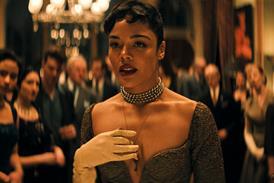

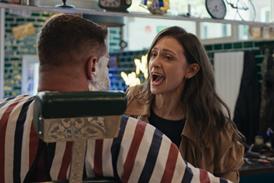
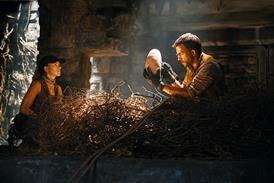




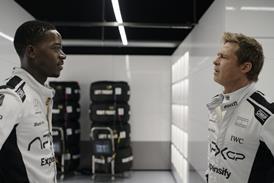
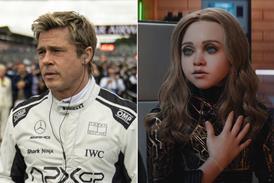





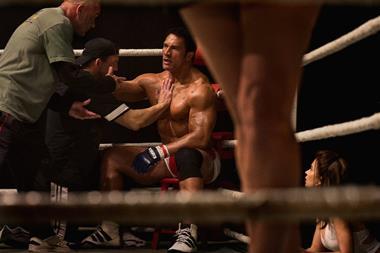

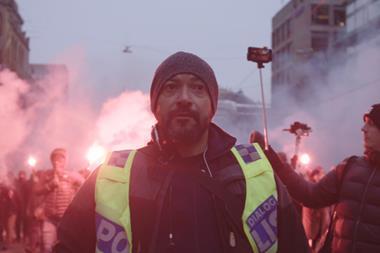
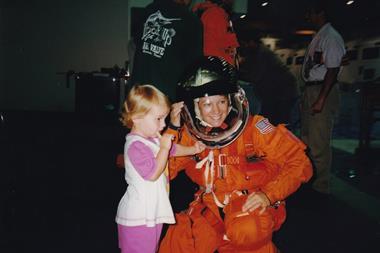
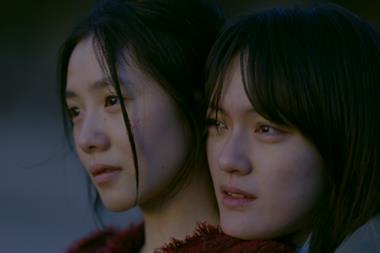
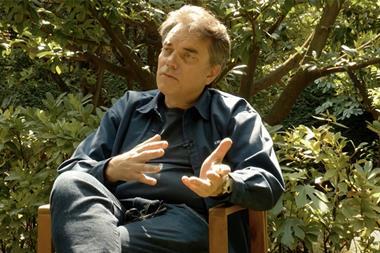
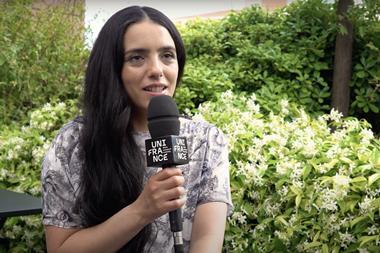
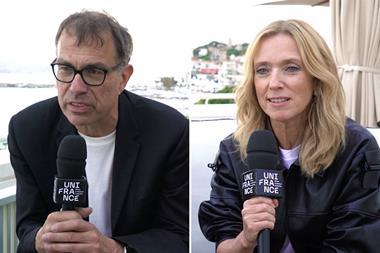
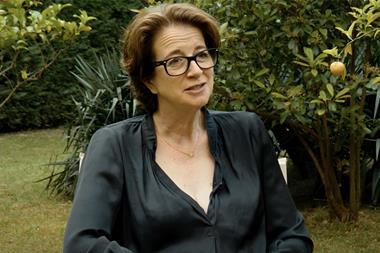
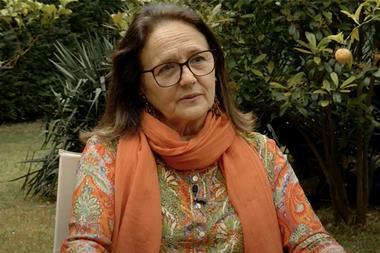
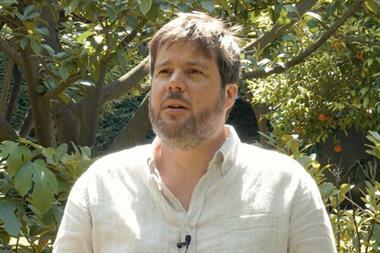






No comments yet